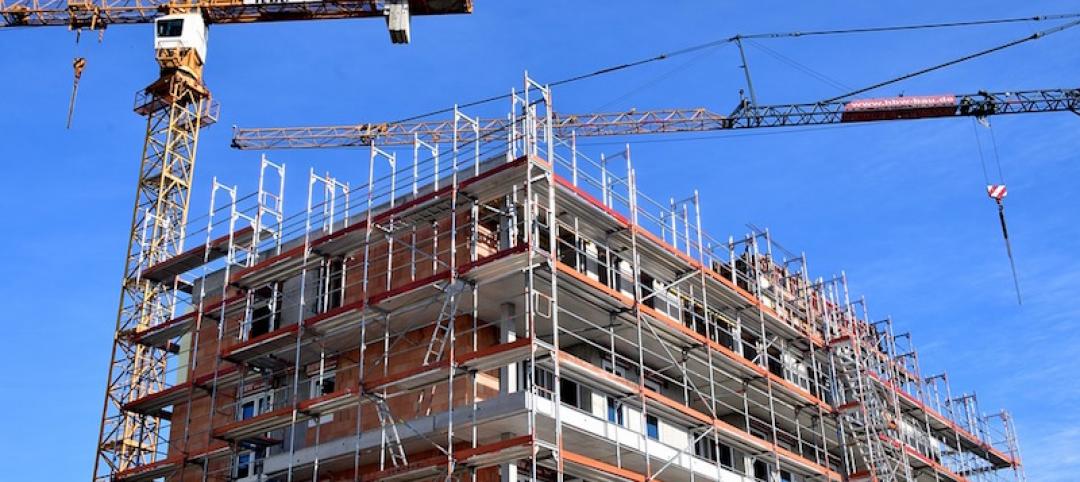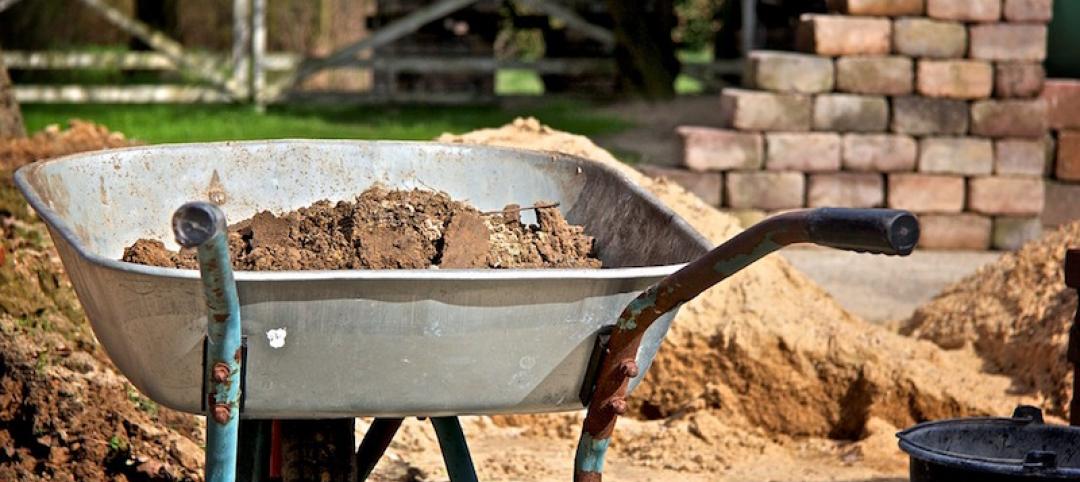As local and state governments are beginning a phased reopening of their economies, the International Code Council has compiled a guide of safety precautions and considerations for businesses looking to resume in-office activities. Acting as an aggregate information hub, the Code Council’s Coronavirus Response Center offers relevant information for building professionals and potential occupants to understand the impact the pandemic has had on the industry, as well as for companies who are currently creating plans and strategies to move back into their offices.
Ahead of reopening efforts, the Code Council has made it a priority to educate businesses, office managers and building safety professionals on an important but often-overlooked safety precaution – preparing an office building for re-occupancy. With many buildings reducing or turning off normal system operations during stay-at-home orders, it is critical to properly inspect and prepare a vacant building ahead of resuming regular activities. Without proper preparation and maintenance, the building may pose unrealized hazards to incoming occupants, whether from a heating, ventilation, and air conditioning (HVAC) or plumbing system to a powerless carbon monoxide detector.
Due to the wide range of aspects necessary for reopening a previously unoccupied building, the Code Council’s Coronavirus Response Center covers topics include:
- Addressing any temporary changes needed to building access and exit patterns to accommodate temporary reopening protocols such as employee health screenings, disposal of PPE, or any areas specifically designated for decontamination.
- Visually inspecting and testing the operation of building entrances and exits including doors, revolving doors, and garage doors for proper operation and ensure they are free from obstructions.
- If a building’s water distribution system has been shut down or seen reduced flow, flushing the pipe system with clean, potable water to remove any unwanted debris.
- Facilitating adequate physical distancing protocols, and considerations for revising maximum occupant loads for all buildings and spaces to accommodate 75 gross SF/occupant.
- Closing common areas where personnel are likely to congregate and interact or enforcing strict physical distancing protocols.
- Guidance on disinfecting communal areas from FEMA and the CDC
“COVID-19 has had an unprecedented impact on our society, both economically and socially. As we continue to learn to navigate the new normal and discover what that actually entails, having easy access to information on topics like how to properly prepare a vacant building for reoccupation is crucial, especially during reopening efforts,” said Dominic Sims, CBO and CEO, International Code Council.
Access to the Code Council’s Coronavirus Response Center can be found here, while the full list of tips and considerations for reopening buildings can be found here.
Related Stories
Market Data | May 2, 2018
Construction employment increases in 245 metro areas between March 2017 & 2018, as trade fights & infrastructure funding shortfalls loom
Houston-The Woodlands-Sugar Land, Texas and Weirton-Steubenville, W.Va.-Ohio experience largest year-over-year gains; Baton Rouge, La. and Auburn-Opelika, Ala. have biggest annual declines.
Market Data | May 2, 2018
Nonresidential Construction down in March, private sector falters, public sector unchanged
February’s spending estimate was revised roughly $10 billion higher.
Market Data | Apr 30, 2018
Outlook mixed for renewable energy installations in Middle East and Africa region
Several major MEA countries are actively supporting the growth of renewable energy.
Market Data | Apr 12, 2018
Construction costs climb in March as wide range of input costs jump
Association officials urge Trump administration, congress to fund infrastructure adequately as better way to stimulate demand than tariffs that impose steep costs on contractors and project owners.
Market Data | Apr 9, 2018
Construction employers add 228,000 jobs over the year despite dip in March
Average hourly earnings increase to $29.43 in construction, topping private sector by nearly 10%; Association officials urge updating and better funding programs to train workers for construction jobs.
Market Data | Apr 4, 2018
Construction employment increases in 257 metro areas between February 2017 & 2018 as construction firms continue to expand amid strong demand
Riverside-San Bernardino-Ontario, Calif. and Merced, Calif. experience largest year-over-year gains; Baton Rouge, La. and Auburn-Opelika, Ala. have biggest annual declines in construction employment.
Market Data | Apr 2, 2018
Construction spending in February inches up from January
Association officials urge federal, state and local officials to work quickly to put recently enacted funding increases to work to improve aging and over-burdened infrastructure, offset public-sector spending drops.
Market Data | Mar 29, 2018
AIA and the University of Minnesota partner to develop Guides for Equitable Practice
The Guides for Equitable Practice will be developed and implemented in three phase.
Market Data | Mar 22, 2018
Architecture billings continue to hold positive in 2018
Billings particularly strong at firms in the West and Midwest regions.
Market Data | Mar 21, 2018
Construction employment increases in 248 metro areas as new metal tariffs threaten future sector job gains
Riverside-San Bernardino-Ontario, Calif., and Merced, Calif., experience largest year-over-year gains; Baton Rouge, La., and Auburn-Opelika, Ala., have biggest annual declines in construction employment.

















